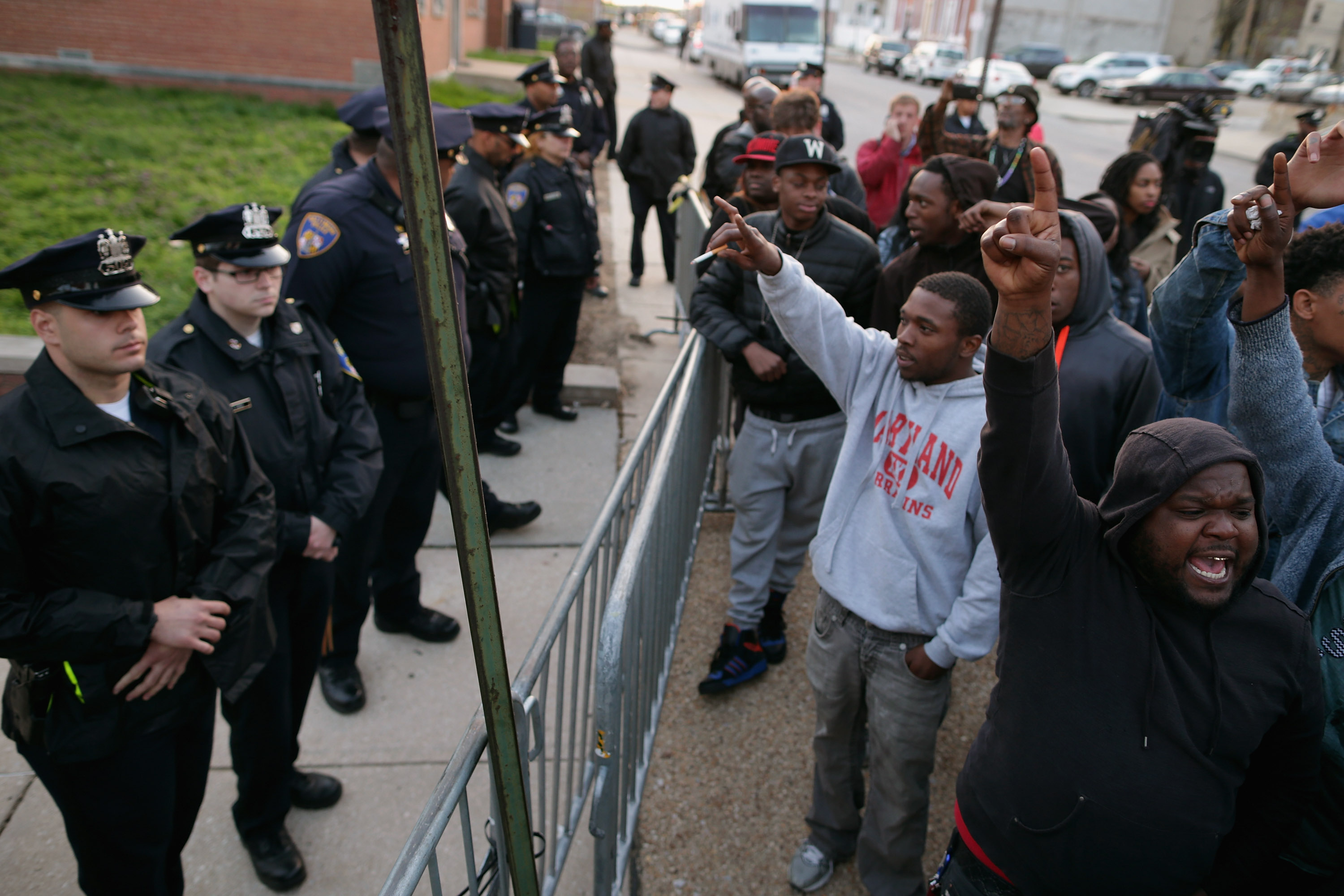A broken promise
For generations, any American willing to work hard could escape poverty. That's no longer true.


I am the product of generations of upward mobility. My mother's father was an orphan who was raised by relatives in Little Italy and never attended high school. He and my grandmother nonetheless forged a frugal, middle-class life through hard work — he as a fruit-and-vegetable buyer, she as a seamstress in a sweatshop. My father's parents came from Sweden with nothing, and clawed out a livelihood with decades of factory work, floor scrubbing, and milk delivery. Because there was no money, my father bypassed college when he returned from World War II and took a $24-a-week job as a bank teller. Throughout my childhood, he periodically came home with news of promotions and raises; by the time I was 18, he could proudly send me to college.
Thanks to all of my forebears, and the implicit promise that drew millions of people like them to this country, I began life with ample opportunity. Freddie Gray, born into a world of drugs and chaos and brain-damaged by lead as a child, never had a chance.
Today, about 70 percent of the kids growing up in poverty never make it to the middle class. Is that because of culture, family breakdown, and the lack of personal responsibility? Or racism, mass incarceration, and the disappearance of the jobs that once sustained the middle class? The only honest answer is: Yes. All of the above. Blaming one set of factors alone is absurdly simplistic — an exercise in ideological blindness that this country can't afford. Another young black man is dead, six cops face criminal charges, and someplace where there is no hope, it will all soon happen again.
The Week
Escape your echo chamber. Get the facts behind the news, plus analysis from multiple perspectives.

Sign up for The Week's Free Newsletters
From our morning news briefing to a weekly Good News Newsletter, get the best of The Week delivered directly to your inbox.
From our morning news briefing to a weekly Good News Newsletter, get the best of The Week delivered directly to your inbox.
A free daily email with the biggest news stories of the day – and the best features from TheWeek.com
William Falk is editor-in-chief of The Week, and has held that role since the magazine's first issue in 2001. He has previously been a reporter, columnist, and editor at the Gannett Westchester Newspapers and at Newsday, where he was part of two reporting teams that won Pulitzer Prizes.
-
 Exploring ancient forests on three continents
Exploring ancient forests on three continentsThe Week Recommends Reconnecting with historic nature across the world
-
 How oil tankers have been weaponised
How oil tankers have been weaponisedThe Explainer The seizure of a Russian tanker in the Atlantic last week has drawn attention to the country’s clandestine shipping network
-
 The rise of the spymaster: a ‘tectonic shift’ in Ukraine’s politics
The rise of the spymaster: a ‘tectonic shift’ in Ukraine’s politicsIn the Spotlight President Zelenskyy’s new chief of staff, former head of military intelligence Kyrylo Budanov, is widely viewed as a potential successor
